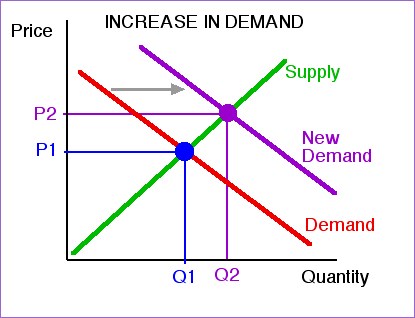Economics 101; or, why taxi fares are regulated
GeneralPoliticsTransport policyTravelUrban planningUS PoliticsYesterday, a man reportedly threw himself in front of a CTA train at the Fullerton El stop, shutting down the three busiest lines in the system during the morning rush hour. Commuters faced hours-long delays and an already at-capacity bus system struggled to adapt to the demand.
So did Lyft and Uber, as people found out. Lyft presented one of my friends with a $75 fare to go six kilometers; she wound up taking a bus and suffering through a two-hour commute. (I wasn't affected because I had the option of walking to work yesterday.)
Chicago's City Hall is outraged:
"It is unfortunate that at least two ride share companies chose to take advantage of this morning’s difficult commuter situation," said Lilia Charcon, a spokeswoman for the Department of Business Affairs and Consumer Protection spokeswoman.
But that's their business model. If demand goes up faster than supply, prices rise.
Graph: Ray Bromley.
The only way to stop that from happening is through regulation. Like the way we regulate taxis. But then there is no way to get a taxi when demand goes up like it did yesterday, because they're all in use.
Welcome to economics.
Copyright ©2026 Inner Drive Technology. Donate!